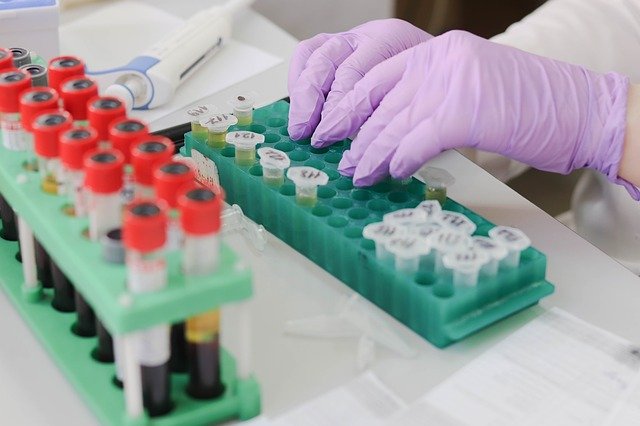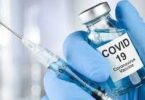A recent study has found great variability in terms of which hormone therapies can have a significant impact on transgender people’s access to appropriate gender affirmation therapy.
Gender affirmation therapy and surgery can have significant positive effects on the quality of life of transgender people, as research has shown.
Anecdotal evidence and national surveys also support this conclusion.
For example, according to a recent Project Trevor survey of a representative cohort of young transgender people in the United States, those who can assert their gender identity are significantly less likely to attempt suicide than their peers who cannot.
However, there are numerous obstacles to affirming the right gender. Among people looking for gender-affirming surgery, for example, cost is often prohibitive.
Recently, a team of researchers, from Yale School of Medicine, in New Haven, CT, the University of California School of Medicine, San Francisco (UCSF) and the Mayo Clinic in Rochester, MN, evaluated Medicare coverage for a range of hormone therapies used by transgender people. His research appears in LGBT Health magazine.
The team also found pronounced variations in the availability of restricted and unrestricted coverage of hormone therapies, depending on the types of medications people need.
“To minimize this problem, prescribers should be prepared to direct low-income patients with inadequate insurance to assistance programs, when available, to cover costs, particularly for gonadotropin-releasing hormone agonists for which generic preparations are not yet available,” he suggests.







